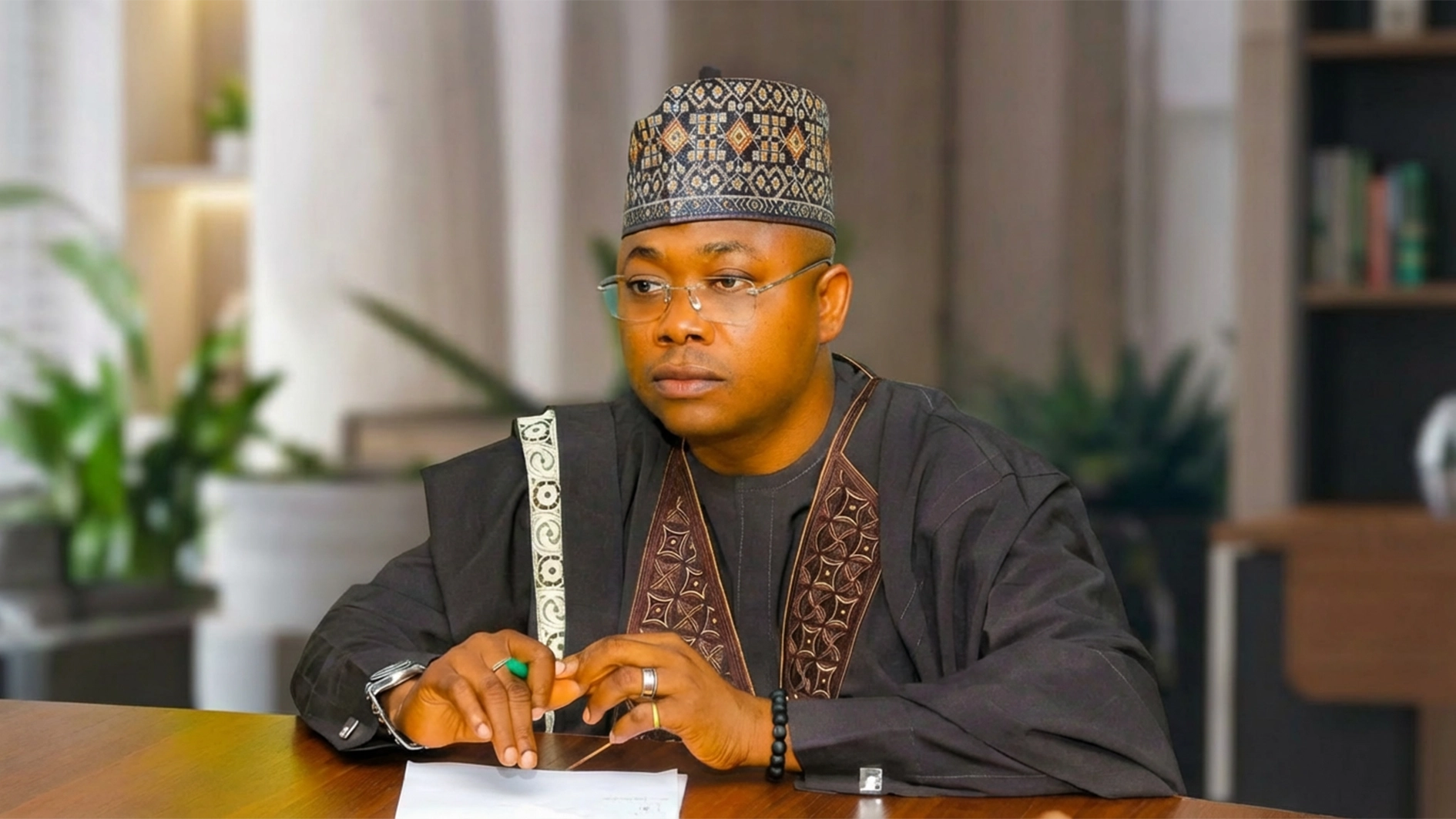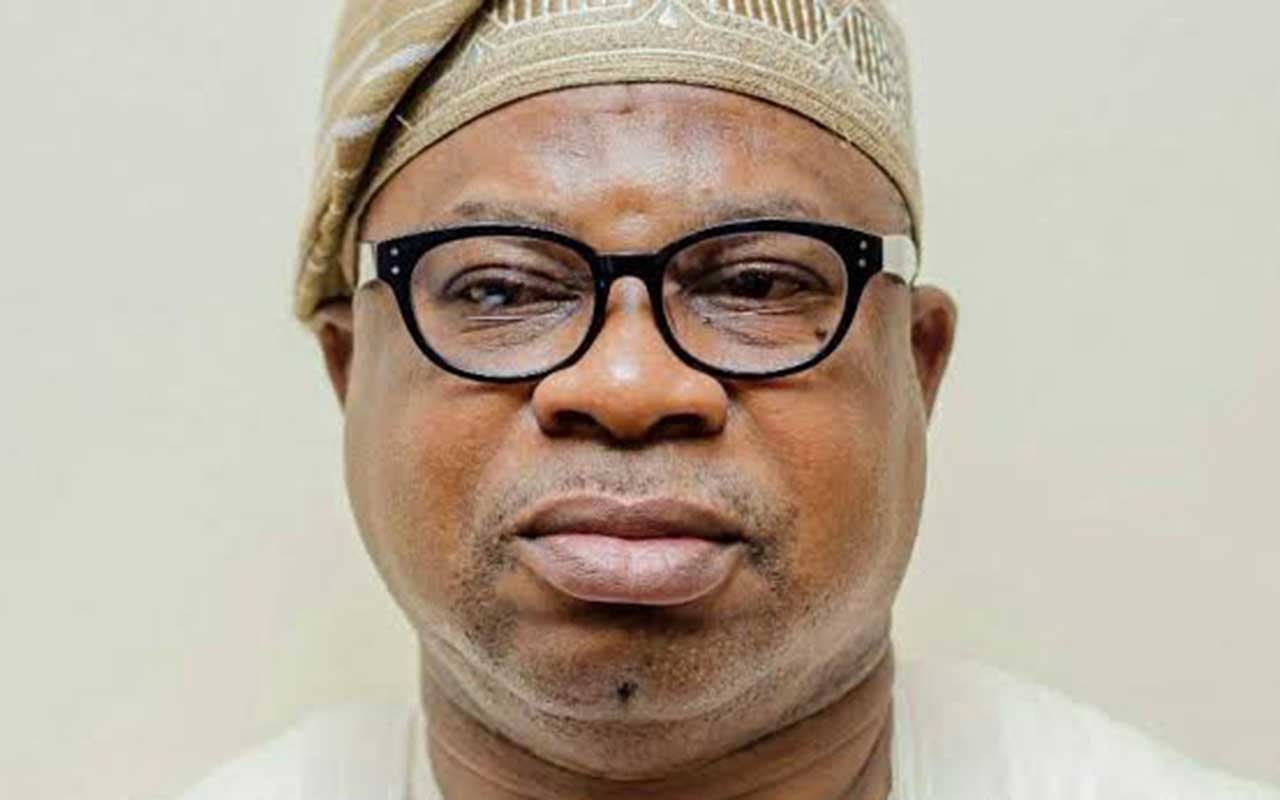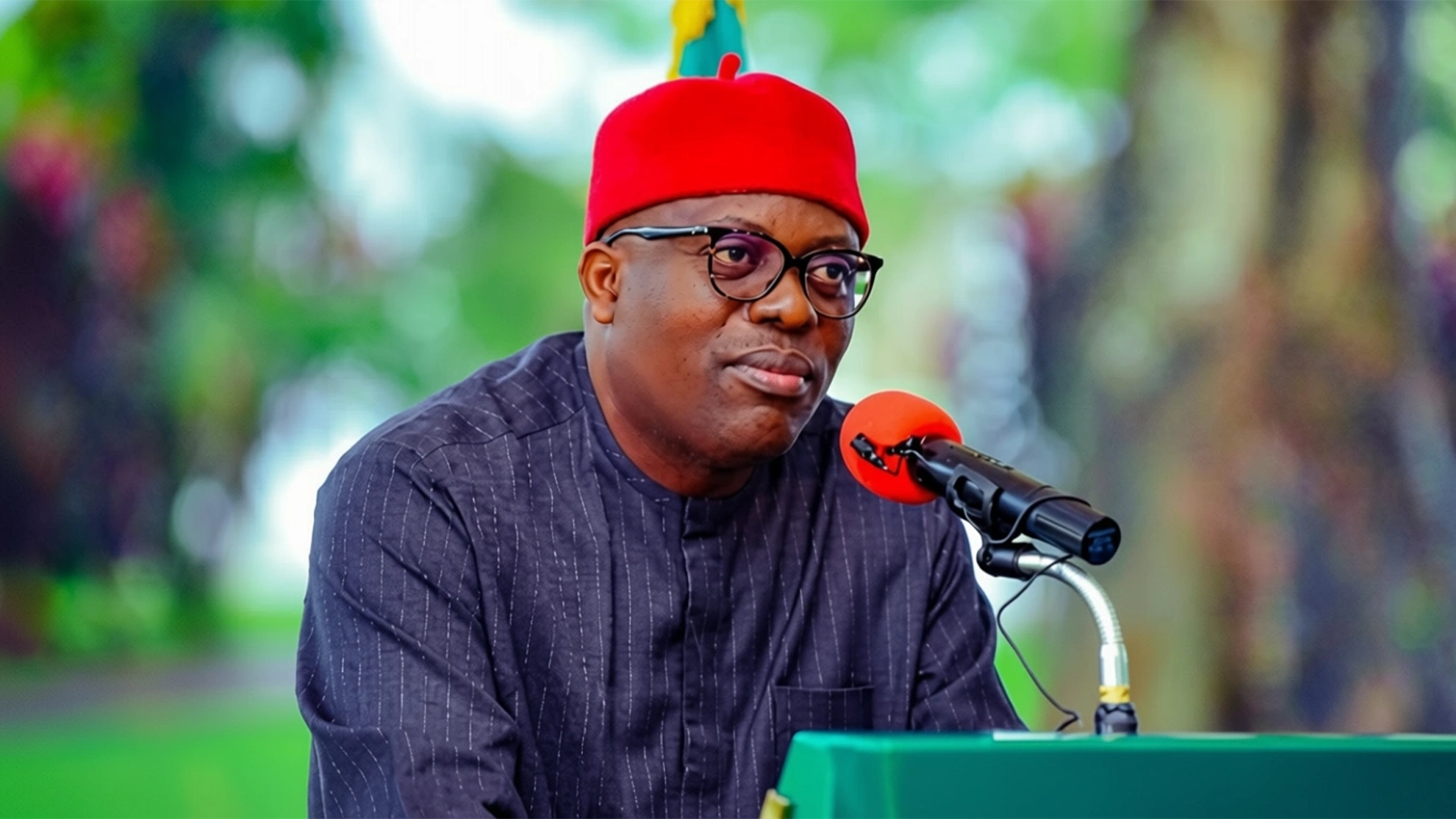
Last Monday, President Bola Ahmed Tinubu inaugurated 45 ministers into his cabinet and as part of the Federal Executive Council (FEC). But gender and women advocates have continued to express disappointment at the composition of the cabinet, highlighting that, again, it fell short of meeting the 35% affirmation of women inclusion in governance.
This is more so because President Bola Tinubu had, during his electioneering campaign, stated in his manifesto, ‘Renewed Hope 2023: Action Plan For A Better Nigeria,’ that he will push for legislation to increase women’s participation in government to at least 35% of all governmental positions.
According to the President, the legislation was to mandate the federal executive, particularly the cabinet and core senior advisers, to reserve a minimum number of senior positions for women.
Following Tinubu’s assumption of office as President, the immediate past National Women Leader of the ruling All Progressives Congress (APC), Betta Edu, also expressed confidence that women will get 35% of the positions in Tinubu’s government.
However, with his cabinet now in place, President Tinubu has obviously not fulfilled the proposal in his manifesto in terms of the FEC.Founding Director, Women’s Advocates Research and Documentation Centre (WARDC), Dr. Abiola Akiyode-Afolabi, reacting to the development, described it as unfortunate given that there was a lot of expectation from not just women but from majority of the populace that the President was going to do something different by increasing the number of women in the cabinet.
“This is because he had an antecedent in Lagos where we had the biggest number of women in the judiciary, but what we have now seen is more or less a political compensation list where it seems all the politicians took over the list and had their own people on it.
“Patriarchy has taken over the entire list. Oftentimes, when Patriarchy is active, women are sidelined and that is what we saw. We are surprised, because when the initial list came, there were powerful women who had taken different positions in the past. So, I don’t think it is a question of
“Where are the women?” – it is about whether the government sees it as a priority to include women in governance. It is becoming a pattern, the Tax and Fiscal Policy Presidential Committee also had that skewed number. I think there were about 40 of them, and just seven were women.”
Akiyode-Afolabi noted that Nigeria in 2022 signed to the National Gender Policy and committed to affirmative action. “We went to court and it passed a favourable judgment and said that Nigeria is bound by it. It would be irresponsible of the government not to do what is expected to be done, especially because the government is also leading ECOWAS. That is a lot of influence the government could be having on the entire region.
“I don’t know what people choose to see as legacy, but this could have been a very strong legacy of Tinubu as our President and also as the leader of ECOWAS because, if Nigeria led by example in such an area as gender equality in leadership, I am sure it would have effected a change in other countries.
“Obasanjo’s regime had a better record with about 32 per cent appointment of women in office, followed by President Goodluck Jonathan and then Buhari’s regime. And the current President went further in his campaign to advocate for gender equality during his tenure. It is a credibility issue. You don’t say what you cannot do. It is a dent on the name of the President.
“Even on the day they were being called out, all the Senators were very excited by the fact that they had quite a number of women. It is like we are not ready to resolve the problem of inequality because if we were, we would’ve taken the necessary steps. And i am saying that the strength of the only nine women is nothing to be compared by the packs of men nominated and i stand to be corrected, the government must be gender sensitive.”
For Chief Executive Officer, Nigerian Women Trust Fund (NWTF), Mufuliat Fijabi, the appointment of just nine female ministers is not enough and it is way below the international best practices and standards because the Nigerian government is a signatory to quite a number of documents, conventions and declarations like the Beijing Platform for Action, as well as the International Covenant on Civil and Political Rights.
“In addition to that, we also have the optional Protocol of the African Charter on Women’s Human Rights which is an African Regional Protocol that speaks to a minimum representation of women. Most importantly also, in Nigeria, we have a National Gender Policy that speaks to a limit of 35 per cent affirmative action in appointive position. On the 6th of April, 2022, a Federal High Court in Abuja mandated the government of Nigeria to ensure a minimum of 35 per cent affirmative action as contained in the National Gender Policy. This for me is not good omen, because what it means is that there is a continuation of our non-inclusive democratic practice, which unfortunately will not help our developmental processes.
“At the same time, looking back on the campaign promises of our President, he stated clearly that he was going to try his best to ensure that women are adequately represented. With these appointments, I am not sure that that promise is being fulfilled. He might have other surprises for us, but these Ministerial Appointments would have been a good way to demonstrate the execution of that campaign promise.
“We will continue to talk about it, because we cannot be practicing a democracy that is not inclusive. We should look at the inclusion of women as a prerequisite to advancing our development and deepening our democracy. When we talk about inclusion, we are not just talking about having women in the high positions but establishing a balance, having gender equality – we want adequate attention paid to all facets of the society.”
Fijabi stressed that we cannot practice democracy without having the experiences of both men and women on board. “I think that by making commitment at national, regional and international level, it means we believe that gender balance is the way to go. We should not renege in our commitment at all of these levels. We must ensure that Nigeria is a country that lives by its own words and actions.”
Executive Director, HEIR Women Hub, Añuli Aniebo Ola-Olaniyi said that what we are living with is a “controlled” democracy, a “promise” was made but the accountability for that promise is very tokenistic.
“Now, while it may be necessary to applaud the ideology of inclusion, it’s not practical and far from being inclusive. The ministerial nominations for appointments have been sealed by the Senate and I am not preview to the way those nominations were conducted however I do have a question around the fact that were the women nominated the only ones Nigeria has to offer and are there no other women that could have been nominated to occupy these more ministerial roles?. The hope is getting dashed everyday in my opinion. This action is showing that women are still far from being regarded as having the capacity to lead in such decision making roles. This puts Nigeria in an under-developed position in my opinion.”
Ola-Olaniyi further stated that we have asked in so many different ways to be included in positions of leadership and decision making roles and not just being involved on a peripheral level; I tell you that this uncontrollable unconscious bias we face is a very detrimental effect on us all. This bias affects men and women and our productivity levels as a Nation.
“The socialisation and masculine norms has done none of us any good. The agreements like Beijing, National Gender Policy et al and laws are everywhere; so it’s not the laws that’s the problem, neither is it the policy we have, it’s the lack of commitment to do what was agreed to be done – include Women Equitably!
“While I see the women nominations for leadership roles in the ministerial lists and some dotted members of the Senate and I congratulate the recipients of the roles however, I ask, are these numbers enough to shift the curve for women participation in leadership in our Nation? Are the voices of women that will be echoed by the number of seats and minsters, enough to speak for us all in our many different areas and cadence of life? What interest would the women represent and how would they represent this with such a marginalised number in positions of leadership allotted to women. Is it going to take us another 4 years to seek for women inclusion? It’s a conversation whose end is not near,” she added.
On her part, the Acting Director, Centre for Gender and Women Studies, University of Jos, Dr Plangsat Dayil, noted that as a signatory to the Beijing Agreement, Nigeria pledged to promote gender equality and empower women in all aspects of life.
However, Nigeria has struggled to maintain the promises made in this international agreement. The Beijing Agreement was a turning point in the history of women’s rights and gender equality. Women’s political engagement, education, health, and economic empowerment were all highlighted in the accord. While Nigeria initially made steps to fulfill the agreement’s requirements, progress has been slow, particularly in terms of women’s representation in government.
“Hence, the steady fall in the number of female elected legislators, as well as the lack of female participation in major political offices. I mean, the general elections in 2023 illustrate that we still have a long way to go. You may imagine that we have approximately 57 women out of the 993 State Houses of Assembly Members, and the 10th Assembly has a total of 17 female members for both the House of Representatives and the Senate.
“Despite the fact that women make up half of Nigeria’s population and have increased their political participation, the proportion of female elected lawmakers remains relatively low.
Worse, the number of women in appointive positions using the recently concluded ministerial screening is less than 10, which is far below expectation in a country with a recently revised National Gender Policy and a robust INEC gender policy. This underrepresentation jeopardises the country’s commitment to gender equality and may stymie the development of inclusive and representative governance.”






